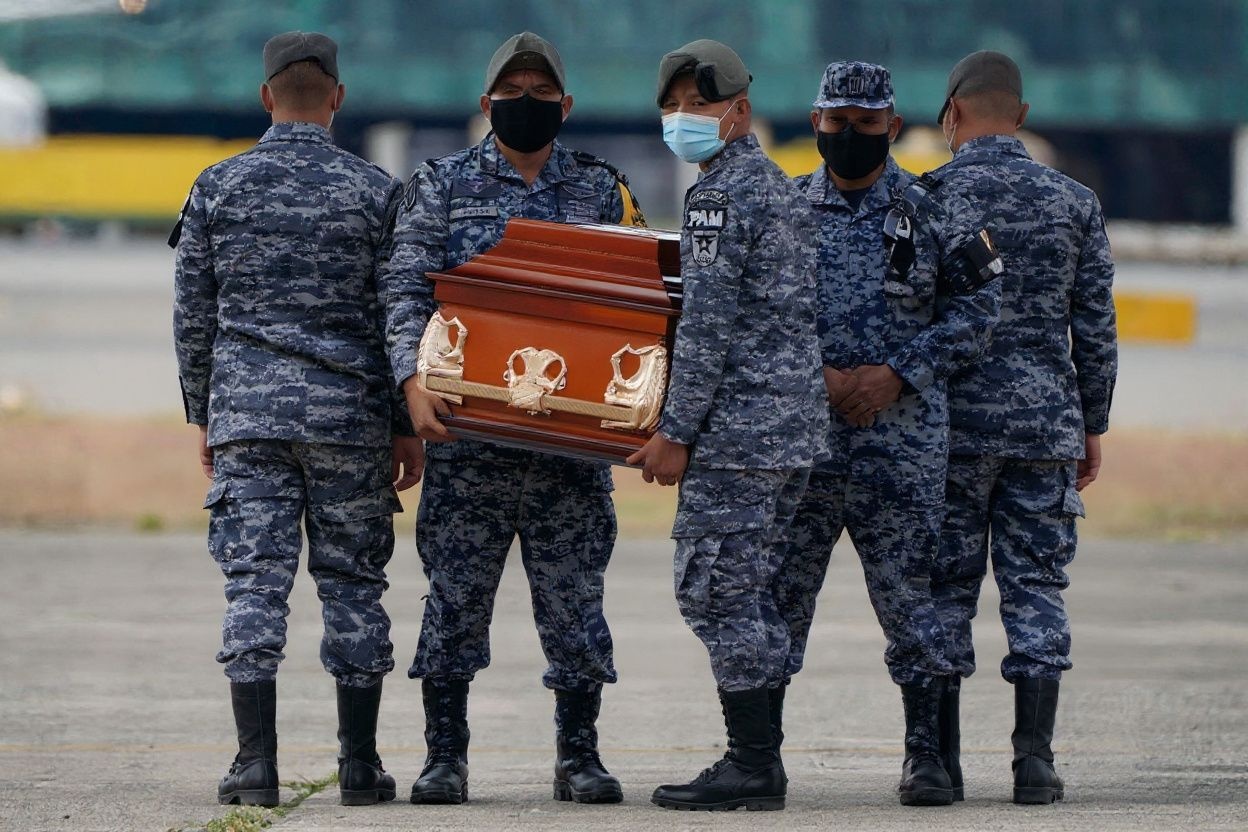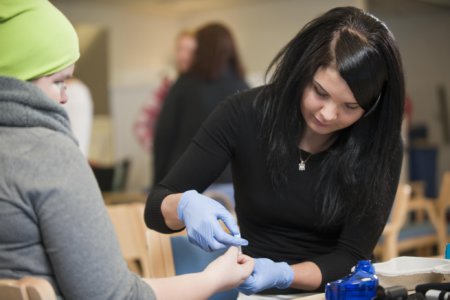
Getting the right insurance coverage is crucial for a smooth and safe study abroad experience as unexpected things can happen when you least expect it. Depending on the issue, it could come at a huge financial cost, mired with complicated administrative tasks.
For example, Diana Marcela Niño, a Colombian woman who studied in Melbourne, Australia, passed away in May this year. According to SBS Spanish, the 38-year-old from Bogota came to Australia alone to study English.
When the strict COVID-19 lockdowns started in Melbourne, she was alone and told her relatives that she felt that the pandemic had completely “changed her life”.
On May 20, 2022, her family lost contact with her, and they decided to create a Facebook group to ask if anyone knew of her whereabouts. Eleven days later, the family got news of Marcela Niño’s whereabouts when a member from the Facebook group offered to go to a Melbourne police to ask for information.
Speaking to SPS Spanish, Victoria Police shared that she had been found dead in Flinders Street, Melbourne, on May 22, 2022. The death was not being treated as suspicious.
 Repatriation is described as the act or process of returning someone or something to the country of origin, allegiance, or citizenship. Source: Johan Ordonez
Repatriation is described as the act or process of returning someone or something to the country of origin, allegiance, or citizenship. Source: Johan Ordonez
Repatriation is a costly nightmare for families of international students
In Marcela Niño’s case, repatriation is the process of returning the young woman’s body to Columbia. The portal confirmed that the Colombian Foreign Ministry mediated between the family and the Australian authorities concerning the relevant procedures and repatriation of the young woman’s body.
Javier Parada, who works at the Colombian Embassy in Canberra’s Consular Section, says they “provide accompaniment to the relatives of the deceased person, by giving them information on funeral services, repatriation services and other issues related to the legislation in each place, since each country has specific requirements and procedures in place”.
However, the consulates generally do not cover repatriation expenses when one of their citizens dies abroad. Neither does the Overseas Student Health Cover (OSHC) insurance — the mandatory insurance that all international students must purchase before students can be granted a visa to study in Australia.
It is a legal requirement for international students to maintain adequate health insurance for the duration of their student visas. The Department of Home Affairs will scrutinise the student’s OSHC policy before granting a visa. Students cannot enter Australia until their health insurance policy has commenced.
 The Overseas Student Health Cover insurance is a mandatory insurance for all international students before coming to Australia; it does not cover expenses in case of death. Source: William West
The Overseas Student Health Cover insurance is a mandatory insurance for all international students before coming to Australia; it does not cover expenses in case of death. Source: William West
Should all student insurance include death coverage?
Speaking with SBS Spanish, the Australian Department of Health and Aged Care shares that the OSHC focused on covering “health and medical treatment, ambulance services, and pharmaceutical items” to make it affordable for international students.
The justification for not including expenses in the case of death was to not discourage prospective international students from coming to Australia to study and to “ensure that they have access to affordable medical and hospital treatment whilst they are in the country”.
The Department of Health spokesperson also explains: “Services such as medical repatriation are appropriately available as an option under the additional coverage OSHC products.
“Repatriation is also available under other types of insurance, such as travel insurance. Details of the different products and additional coverage offered by insurers are also publicly available.”
This begs the question: should international students receive better guidance when acquiring their OSHC?
Immigration lawyer, Carlos Lindo, shares that migration agents seldom explain the limitations or conditions of the OSHC to prospective international students coming to Australia and should “go the extra mile” to recommend students purchase life insurance to cover them in the event of death.
 Picking the right insurance plan as a student can be a daunting task, so we recommend you consult an insurance agent in choosing the right plan. Source: Joe Raedle/Getty Images North America/Getty Images
Picking the right insurance plan as a student can be a daunting task, so we recommend you consult an insurance agent in choosing the right plan. Source: Joe Raedle/Getty Images North America/Getty Images
Insurance coverage tips for international students in Australia
Knowing the right insurance coverage will help you to save on any medical costs you may incur while studying abroad. Below are some tips and tricks to know choosing your insurance plan as an international student in Australia.
Understand what the OSHC covers
Here is an overview of what you can expect from the OSHC insurance:
- Suppose you get sick or injured in Australia. In that case, you can claim the total cost of your appointment with the General Practitioner as most OSHC providers pay 100% of the Medicare Benefits Schedule (MBS), where the Australian government subsidises the rate. You must pay the difference yourself if your doctor charges you more than the MBS fee.
- For medicines, you are covered for an annual amount of 300 Australian dollars. On the other hand, the cost per pharmaceutical item should not exceed AU$50.
- You are covered in public hospitals in a shared room and for administered medical treatments.
- The OSHC also covers ambulance services.
Research and compare insurance coverage plans
The OSHC is the minimum health coverage you have to subscribe to as an international student in Australia, but is not the only insurance you can subscribe to. In fact, the Australian Department of Health and Aged Care recommends students check other types of insurance coverage.
This could include travel insurance, private health insurance, as well as home or vehicle insurance, depending on your need and budget.
Read the fine print
The fine prints will contain minor details you may have skimmed through as a student, including exclusions, hidden limits or waiting periods for different benefits. Take the time to carefully read your policy and understand how claims are processed.










